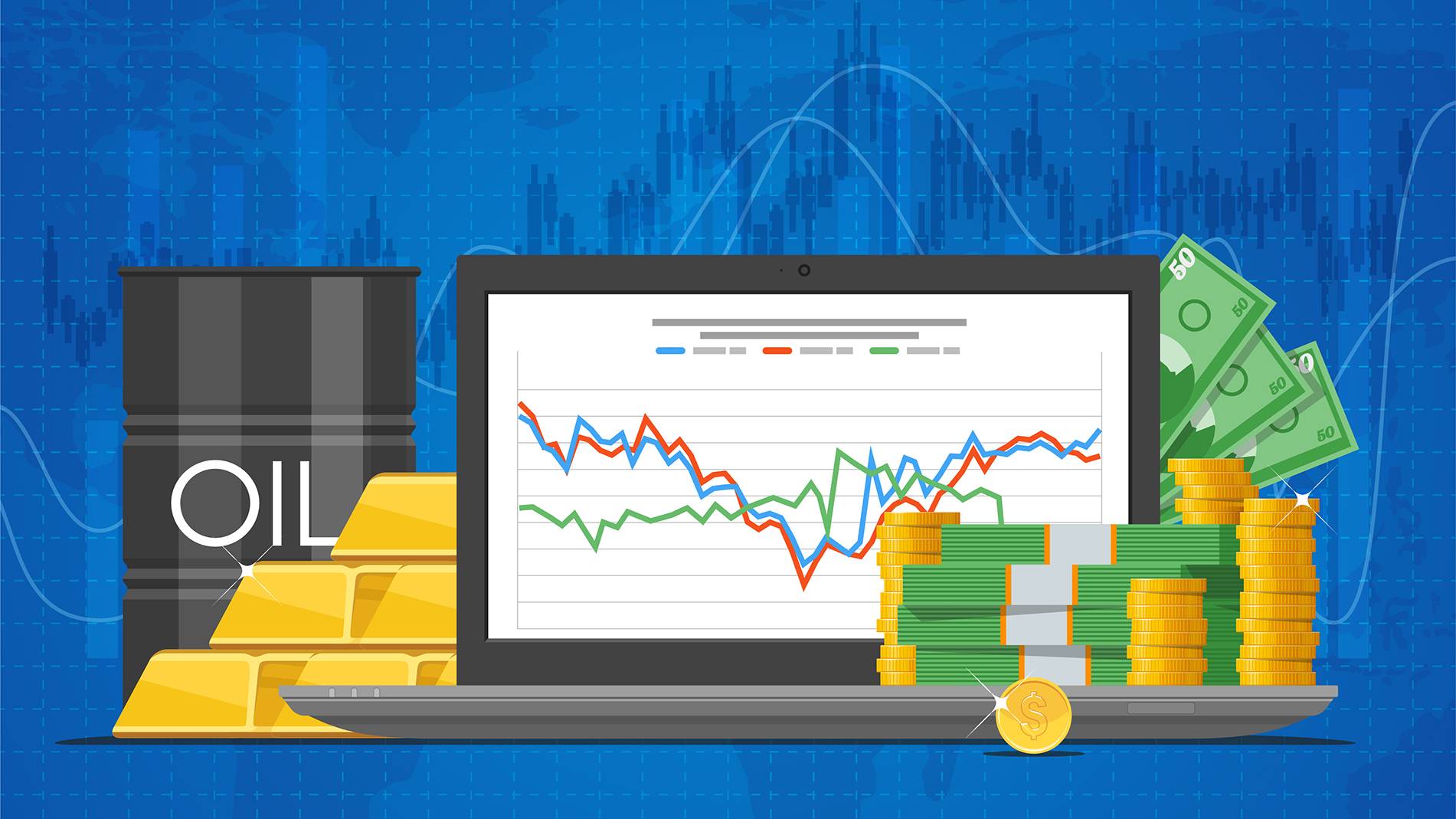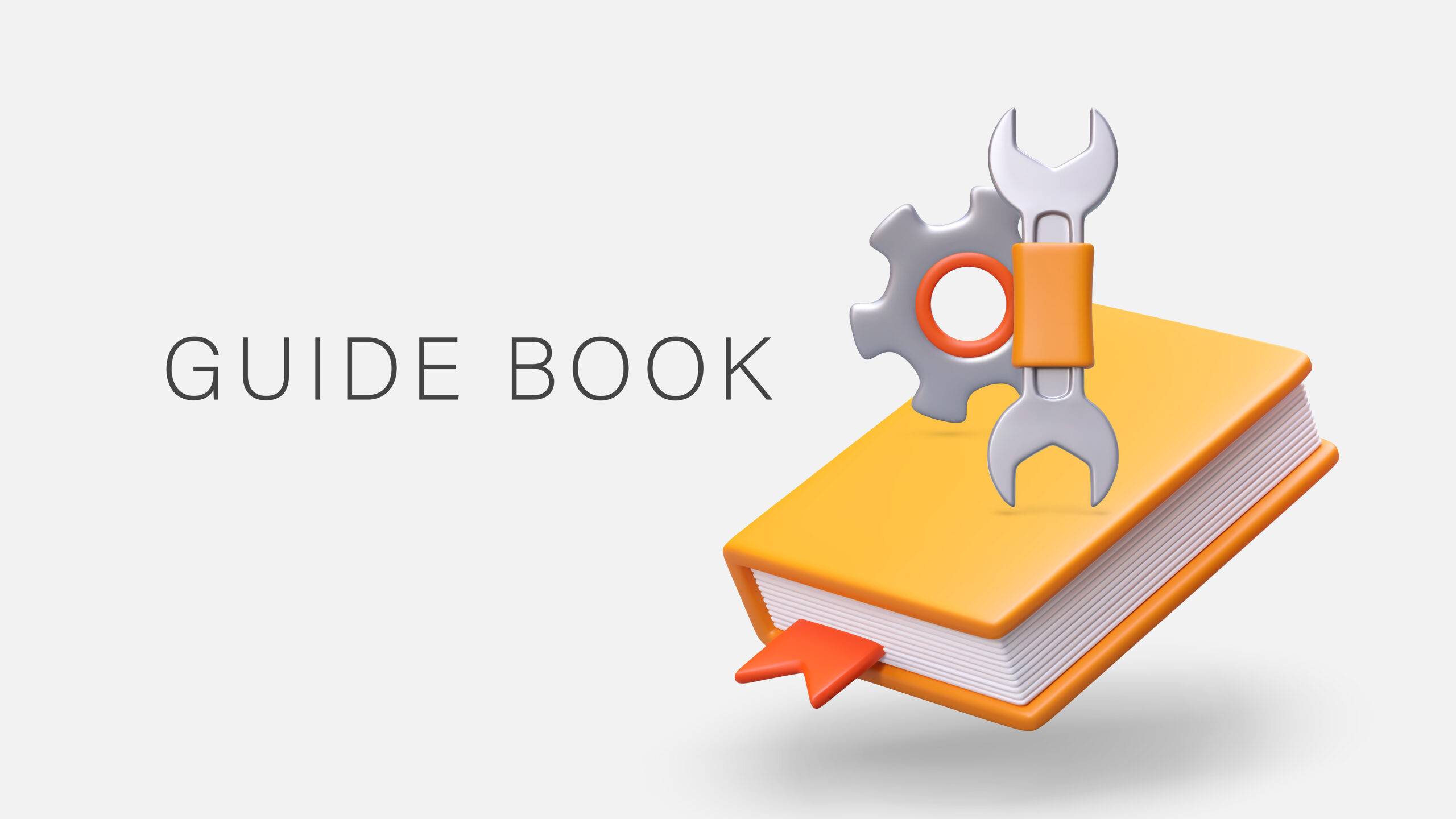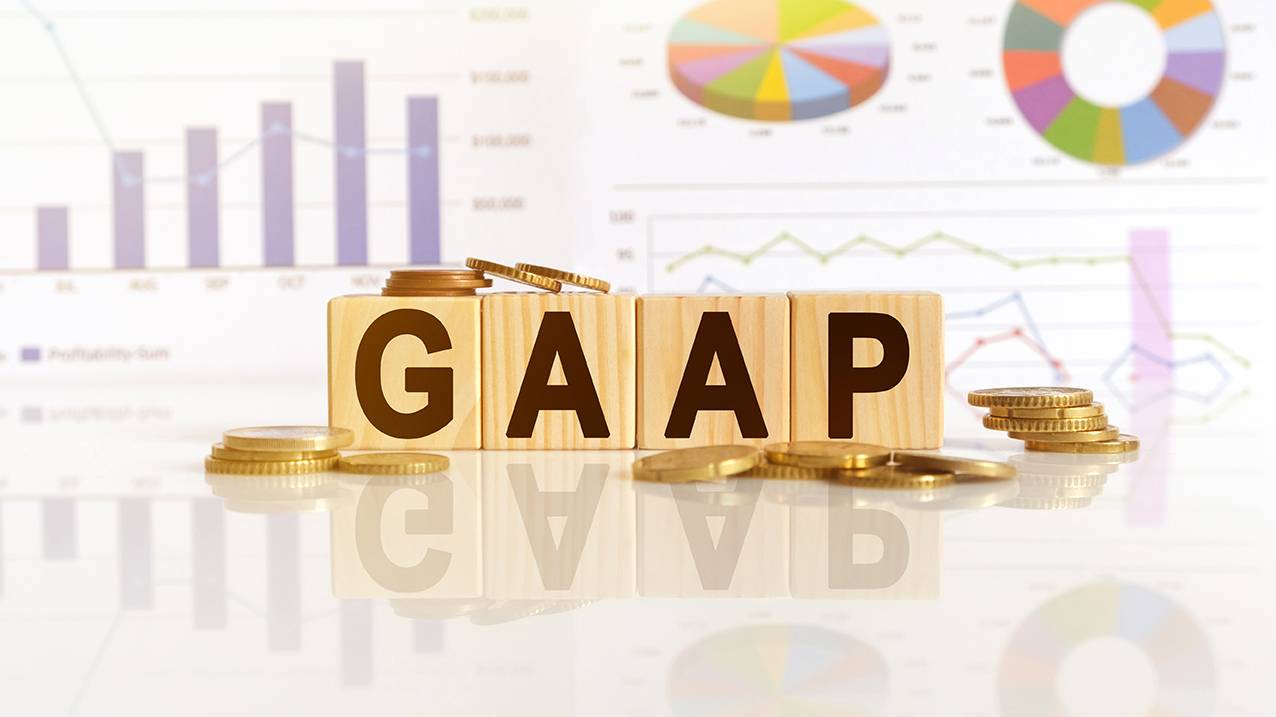Self-Study
Oil and Gas Accounting
In-depth exploration of Oil and Gas Accounting principles and practices. Explore the unique financial aspects of energy operations, from exploration costs to joint interest accounting, enhancing your expertise in this specialized field.

$261.00 – $291.00
Webcasts are available for viewing Monday – Saturday, 8am – 8pm ET.
Without FlexCast, you must start with enough time to finish. (1 Hr/Credit)
Please fill out the form below and we will reach out as soon as possible.
CPE Credits
9 Credits: Accounting
Course Level
Intermediate
Format
Self-Study
Course Description
This oil and gas accounting course takes a close look at the intricate world of oil and gas accounting, designed to equip you with the skills and knowledge to navigate this specialized industry confidently. Our oil and gas CPE covers a wide array of topics, including the successful efforts and full cost methods, reserve reporting, unit of production method, severance taxes, and joint interest accounting. These topics are crucial for understanding the unique accounting issues in the oil and gas industry.
By understanding the different steps in exploring, developing, and producing oil and gas properties, you’ll be better positioned to handle the complex accounting requirements of this sector. This oil and gas tax accounting CPE also provides a detailed look at various cost classifications, production costs, and the documentation and accounting processes involved in oil and gas operations. With this comprehensive exploration of oil and gas accounting considerations, you’ll be able to effectively manage and report on the financial aspects of energy operations, enhancing your credibility and expertise in this niche but critical industry.
Learning Objectives
Upon successful completion of this course, participants will be able to:
Chapter 1
- Recognize the various steps in the process of exploring for, developing, and producing on an oil and gas property.
- Identify the different types of wells.
- Identify the documentation used to record produced oil and gas.
- Recognize the contents of a lease arrangement.
Chapter 2
- Define the different cost classifications associated with oil and gas activities.
- Recognize the various types of production costs.
- Describe the situations in which a joint operating agreement is used.
- Define the contents of a lease database.
Chapter 3
- Identify the different classifications of exploration costs.
- Recognize the accounting for all aspects of drilling a well and subsequent well operations.
- Identify the indicators of sufficient progress in regard to assessing the viability of a project.
- Differentiate between the successful efforts and full cost methods.
Chapter 4
- Differentiate between the successful efforts and full cost methods.
Chapter 5
- Describe the calculation process for the unit of production method.
Chapter 6
- Recognize the valuation rules relating to oil and gas inventory.
Chapter 7
- Note the contents of a run ticket.
- Identify the information contained within a division order.
- Describe the accounting for producer gas imbalances.
Chapter 8
- List the criteria used to report proved oil and gas reserves.
- Recognize the indicators that can trigger a review of reserves.
Chapter 9
- Recognize the accounting variations available when recording a nonmonetary exchange.
Chapter 10
- Recognize all aspects of the accounting for joint interest arrangements.
Chapter 11
- Describe the circumstances under which interest can and cannot be capitalized.
Chapter 12
- State the situations in which asset retirement obligations can be deferred.
- Note the rules used to determine the expected present value of an asset retirement obligation.
- Recognize the accounting for environmental contamination costs.
Chapter 13
- Describe the circumstances under which impairment testing should be conducted, as well as the rules for doing so.
- Note the situations in which an asset can be classified as held for sale.
Chapter 14
- Describe the disclosure requirements for reserves.
Chapter 15
- Identify the appropriate costing to be used for exploration costs associated with mineral resources, as well as the indicators for when impairment testing should be conducted on mineral resources assets.
Chapter 16
- Recognize the audit activities in which an auditor will be engaged when auditing an oil and gas firm.
Chapter 17
- Recognize the different types of controls that are specific to an oil and gas firm.
Course Specifics
1183472
August 28, 2024
Basic accounting knowledge
None
211
Compliance Information
CMA Notice: Western CPE makes every attempt to maintain our CMA CPE library, to ensure a course meets your continuing education requirements please visit Insitute of Management Accountants (IMA)
CFP Notice: Not all courses that qualify for CFP® credit are registered by Western CPE. If a course does not have a CFP registration number in the compliance section, the continuing education will need to be individually reported with the CFP Board. For more information on the reporting process, required documentation, processing fee, etc., contact the CFP Board. CFP Professionals must take each course in it’s entirety, the CFP Board DOES NOT accept partial credits for courses.
Meet The Experts

Steven M. Bragg, CPA, is a full-time book and course author who has written more than 300 business books and courses. He provides Western CPE with self-study courses in the areas of accounting and finance, with an emphasis on the practical application of accounting standards and management techniques. A sampling of his courses include the The New Controller Guidebook, The GAAP Guidebook, Accountants’ Guidebook, and Closing the Books: An Accountant’s Guide. He also manages the Accounting Best Practices podcast. Steven has been the CFO or controller of both public and private companies and has been a consulting manager with Ernst & Young and …
Related Courses
-
 Accounting
Accounting
Accountants’ Guidebook
Steven M. Bragg, CPA QAS Self-Study
Credits: 30 $600.00
QAS Self-Study
Credits: 30 $600.00$600.00 – $640.00
-
 Accounting
Accounting
Accounting Fraud: Recent Cases
Joseph Helstrom, CPA QAS Self-Study
Credits: 1 $29.00
QAS Self-Study
Credits: 1 $29.00$29.00 – $49.00
-
 Accounting
Accounting
GAAP Guidebook
Steven M. Bragg, CPA QAS Self-Study
Credits: 29 $580.00
QAS Self-Study
Credits: 29 $580.00$580.00 – $620.00
